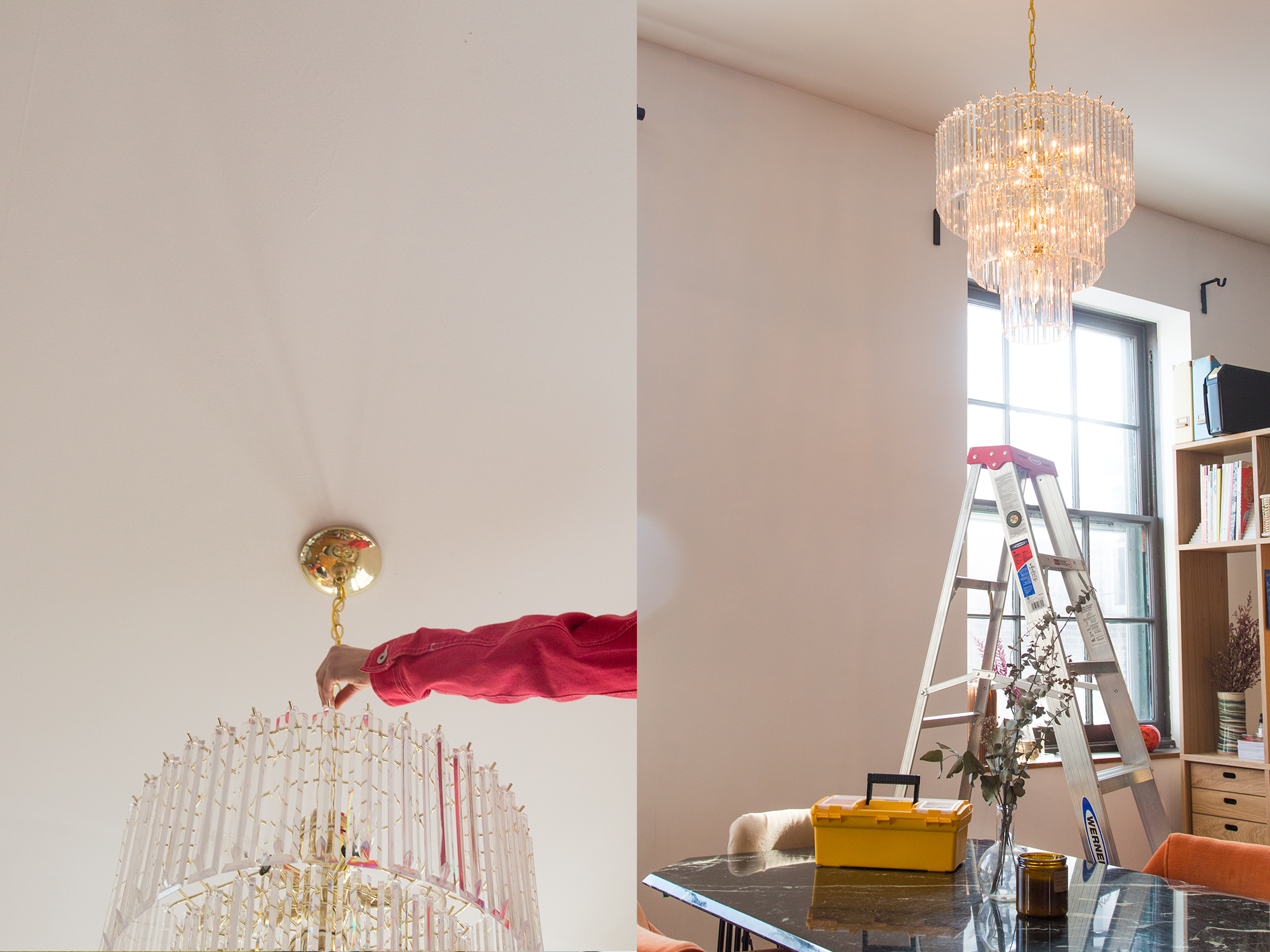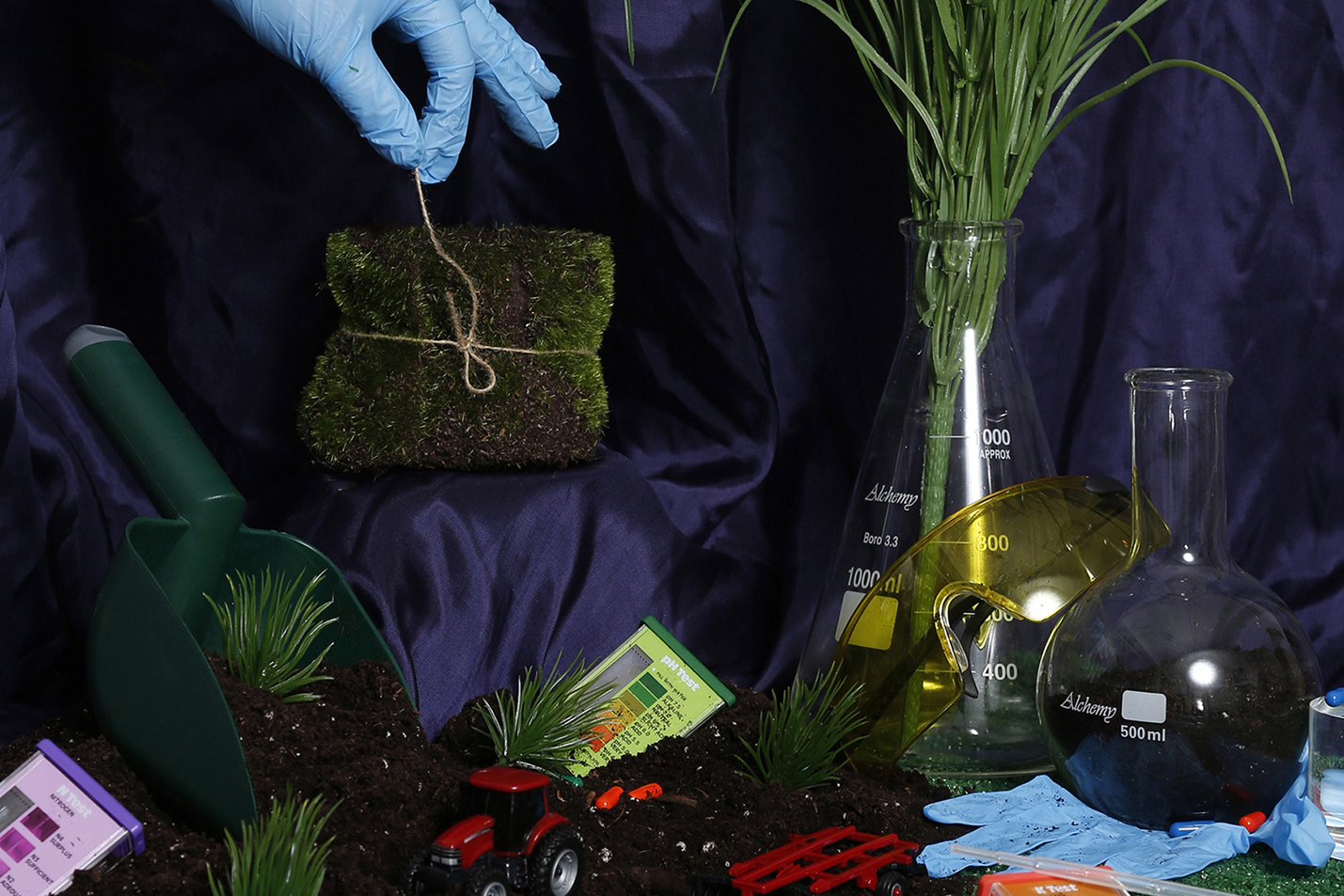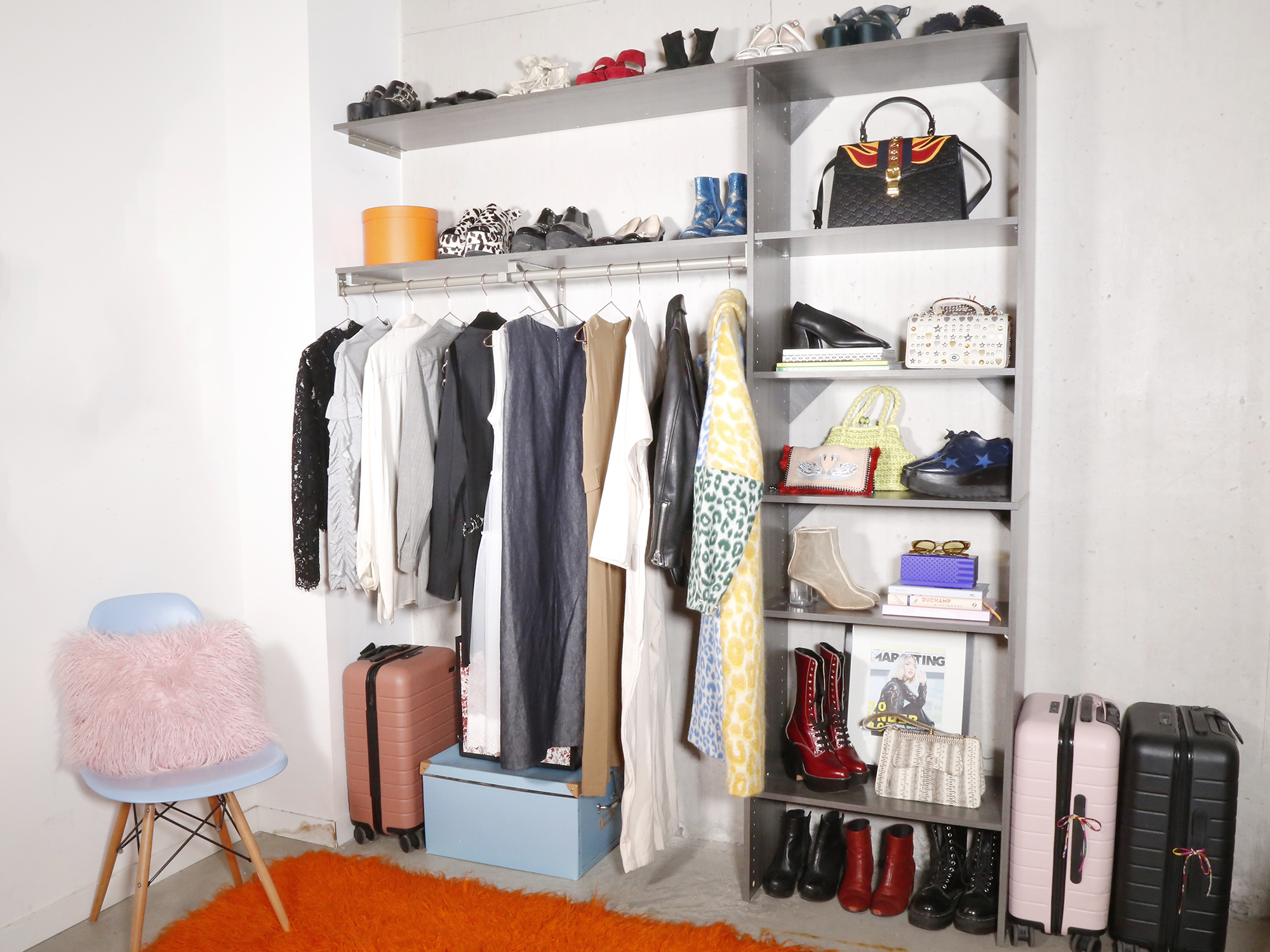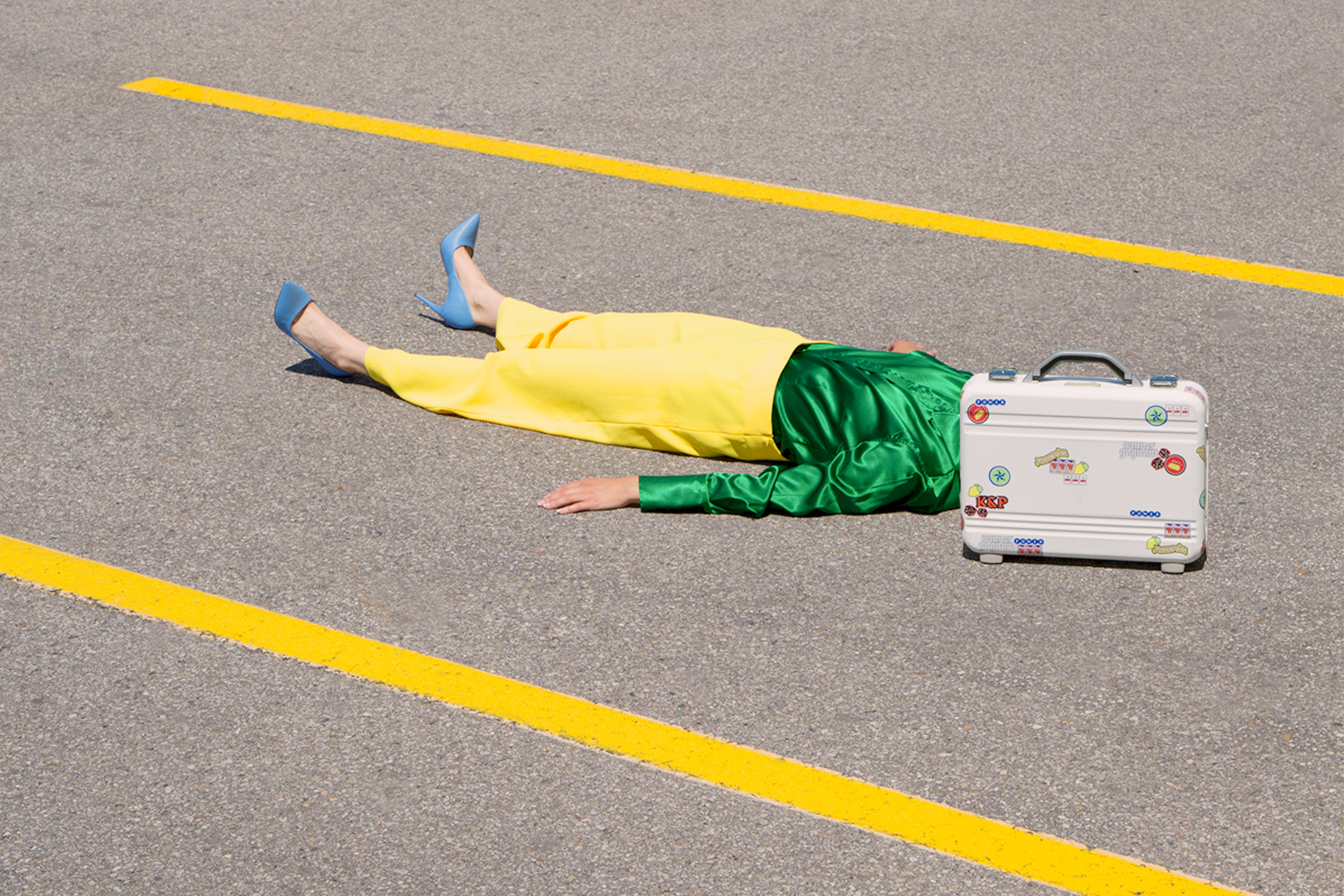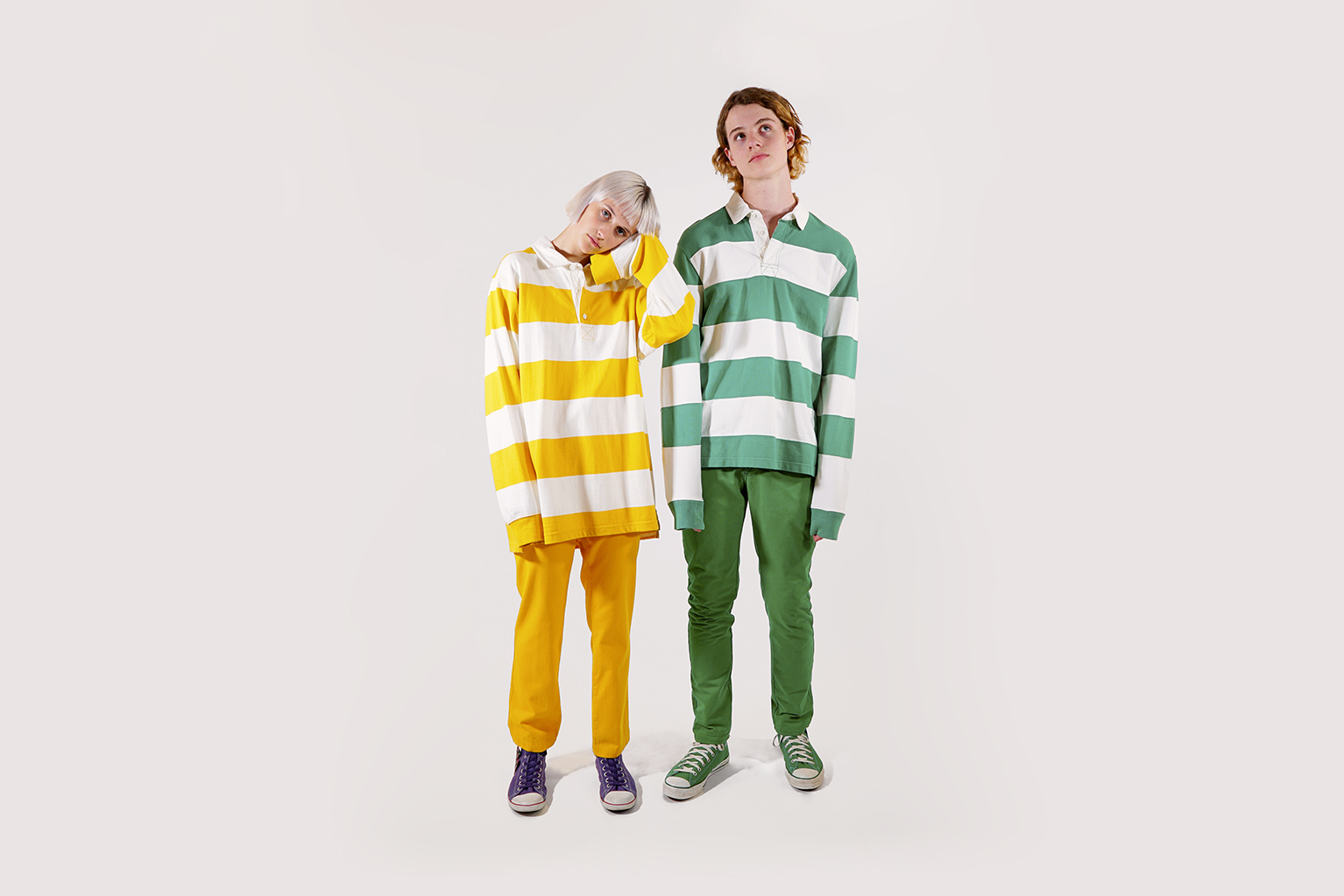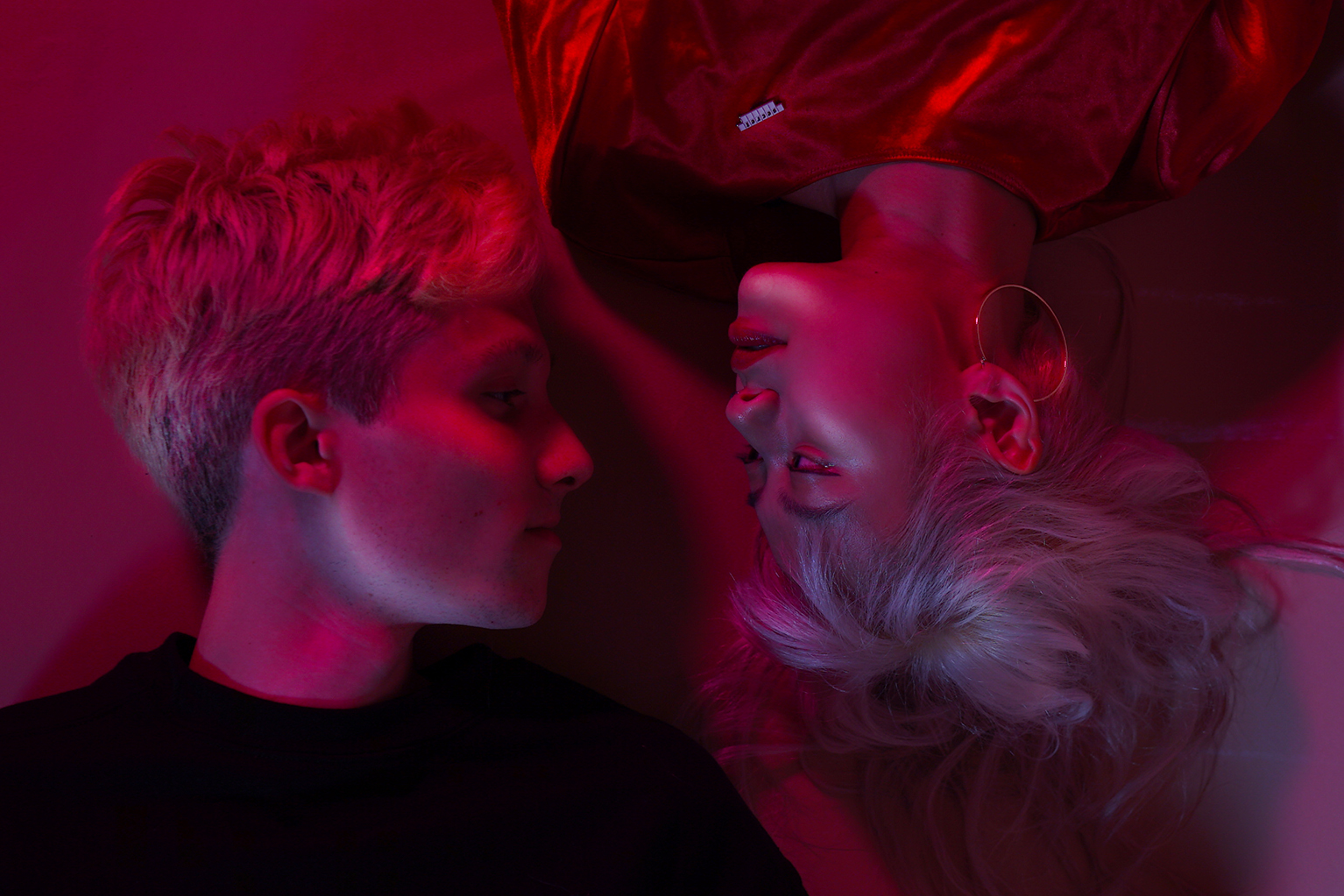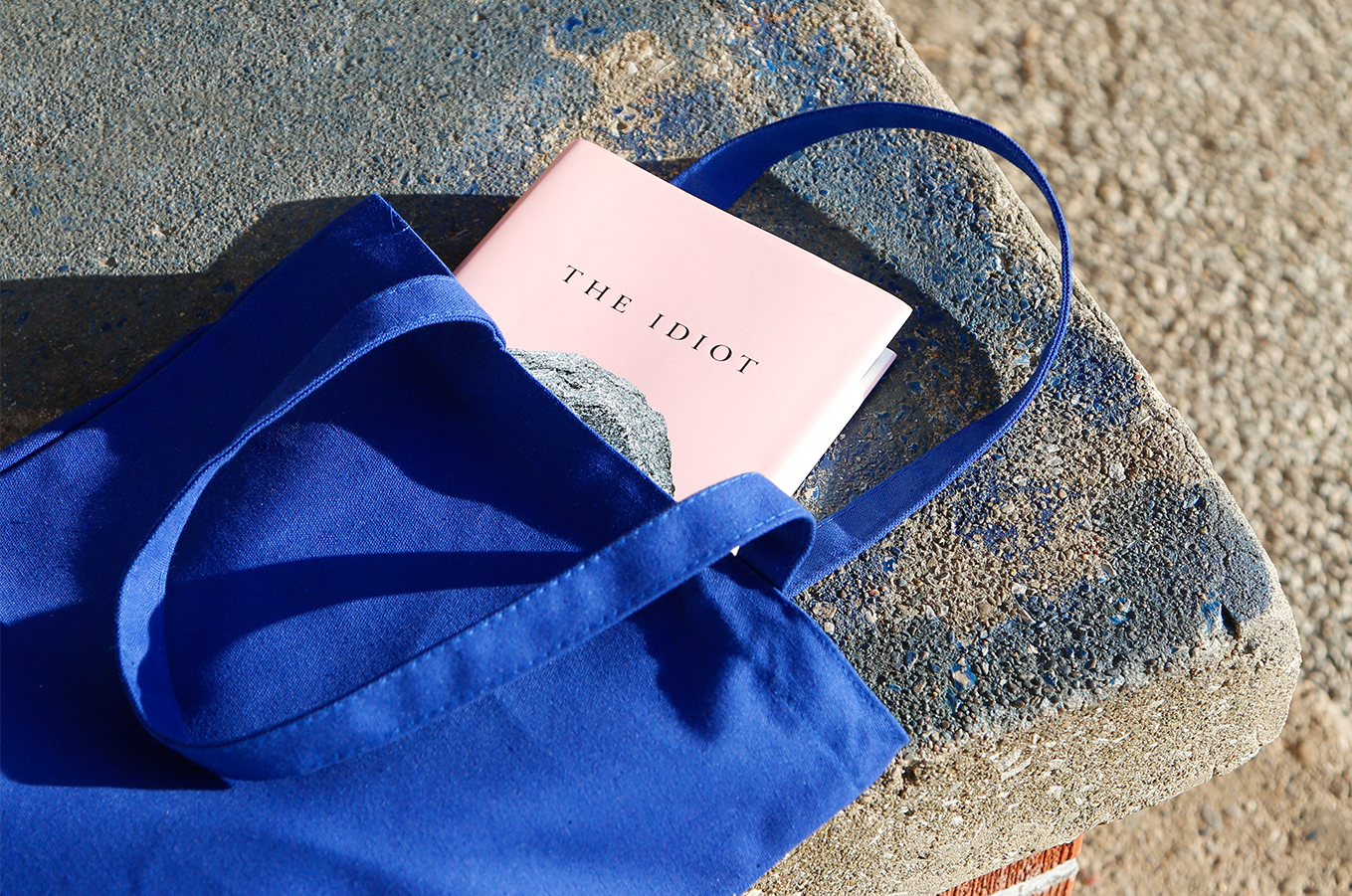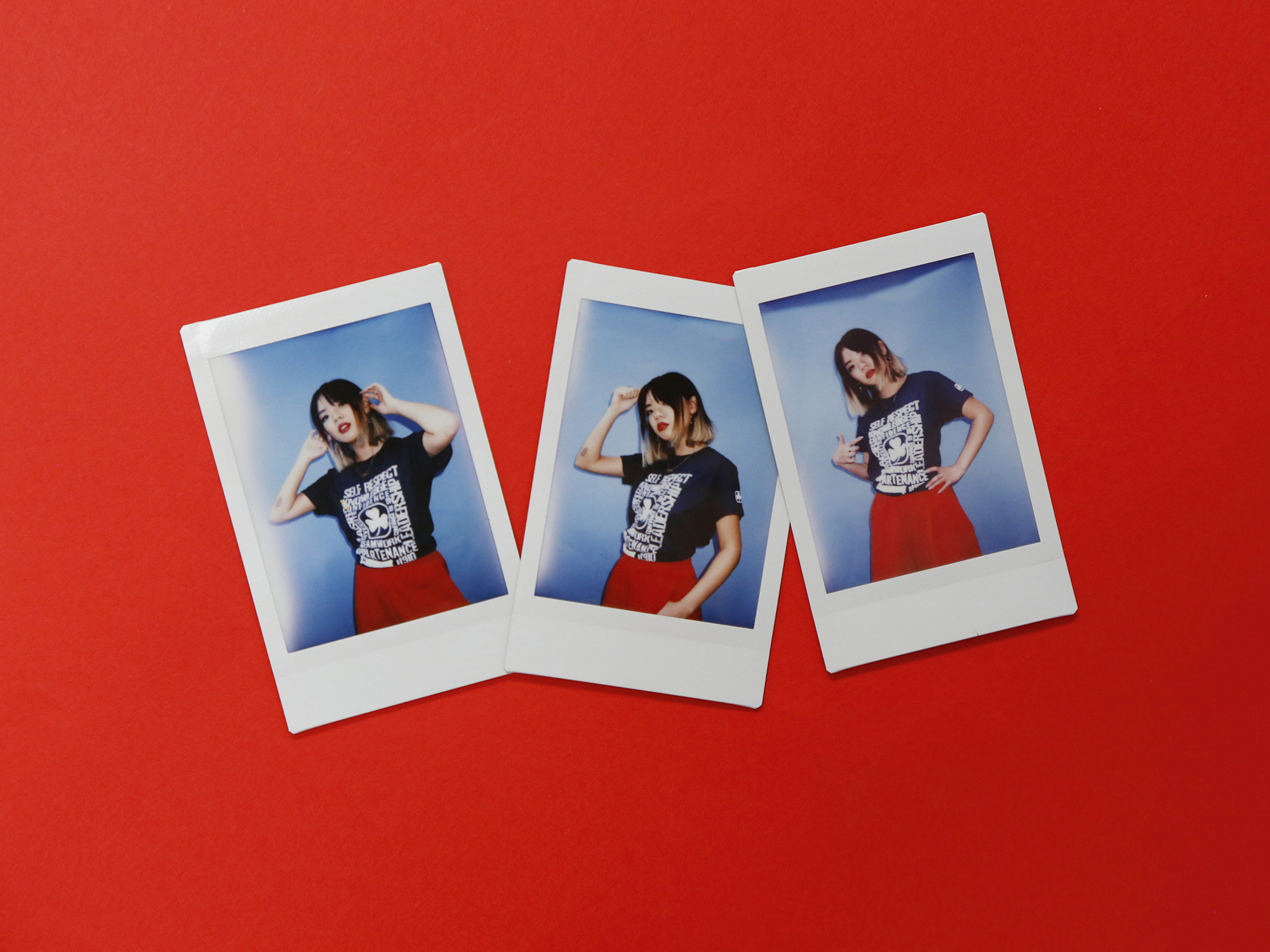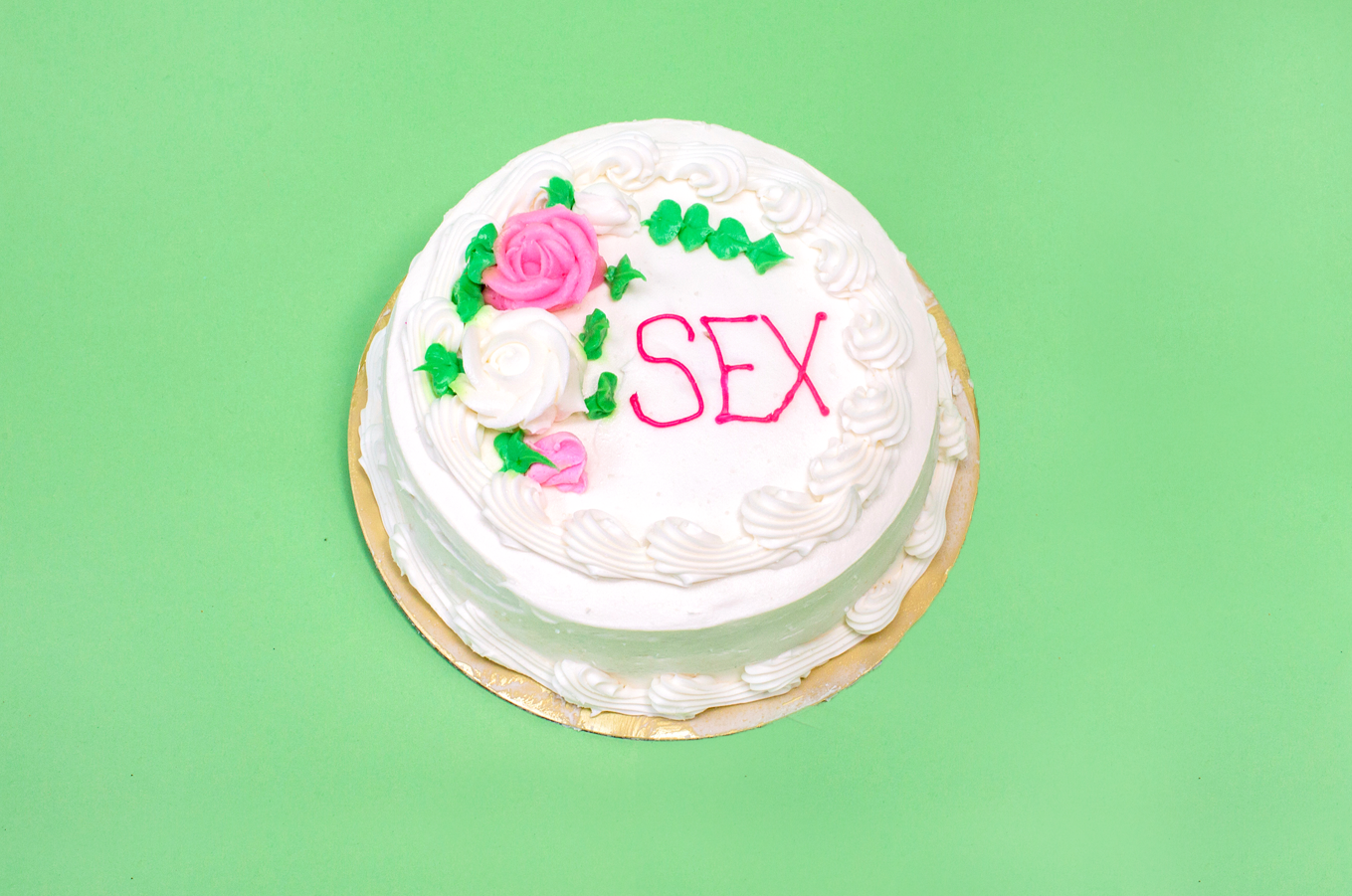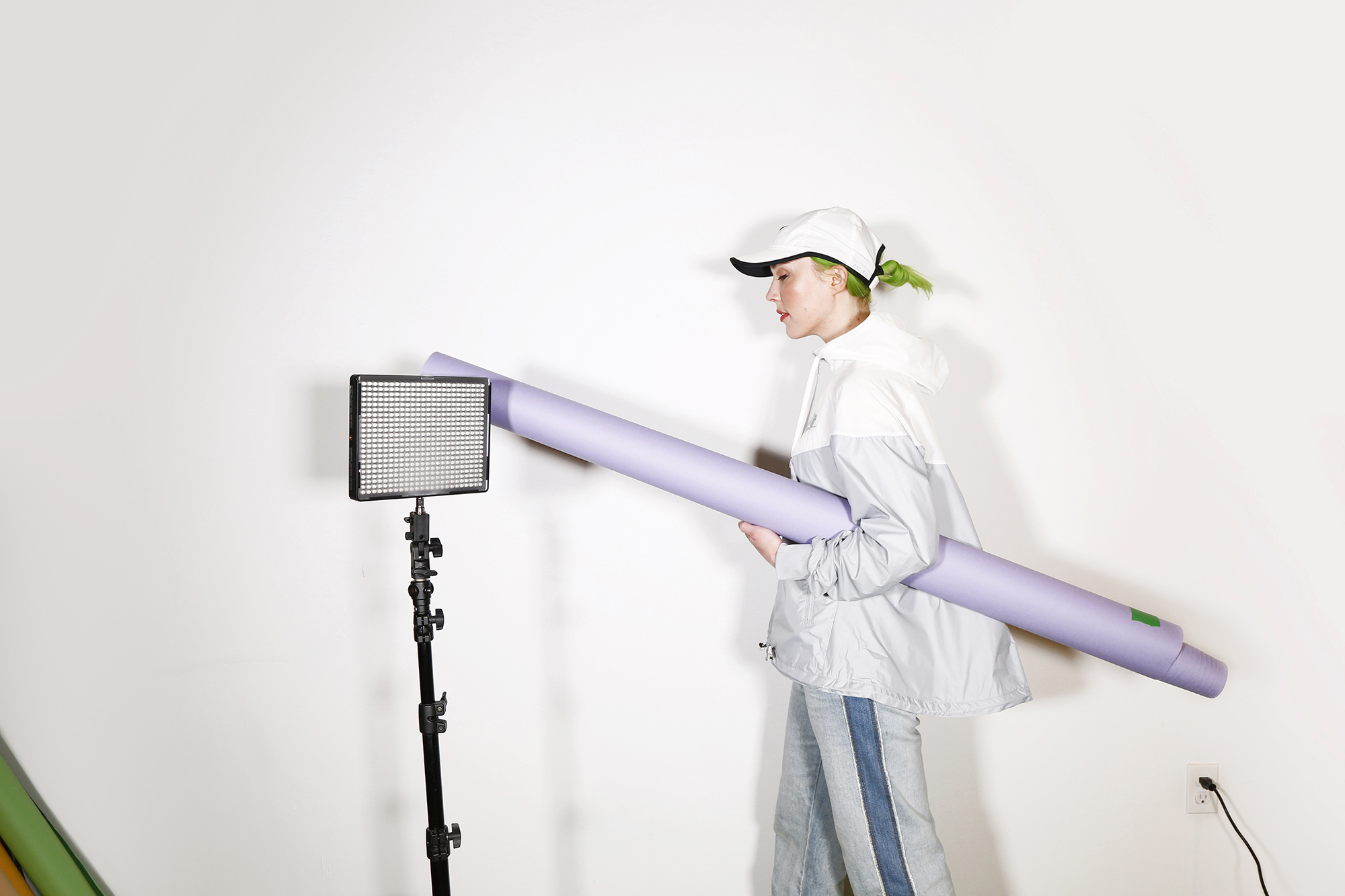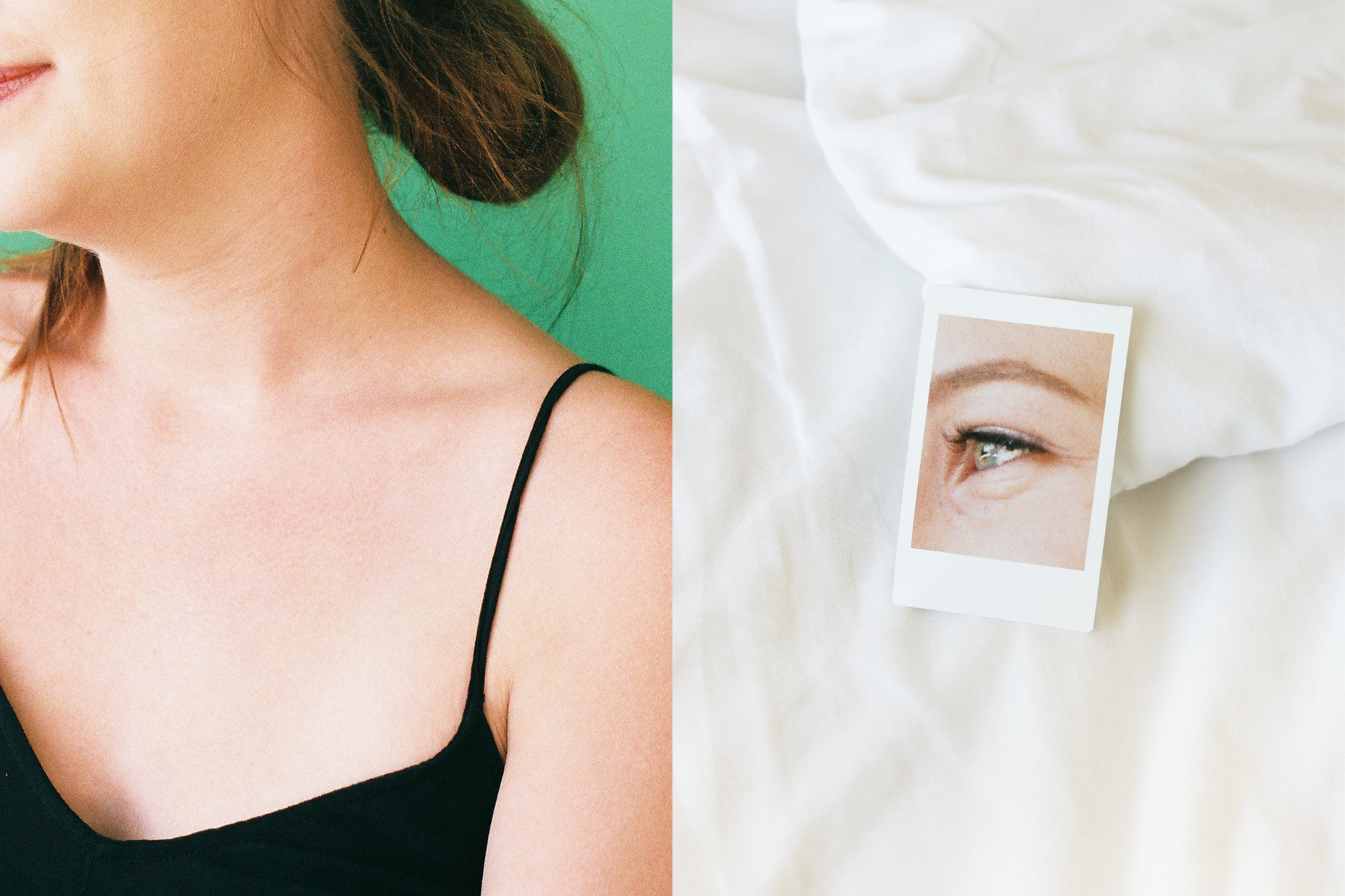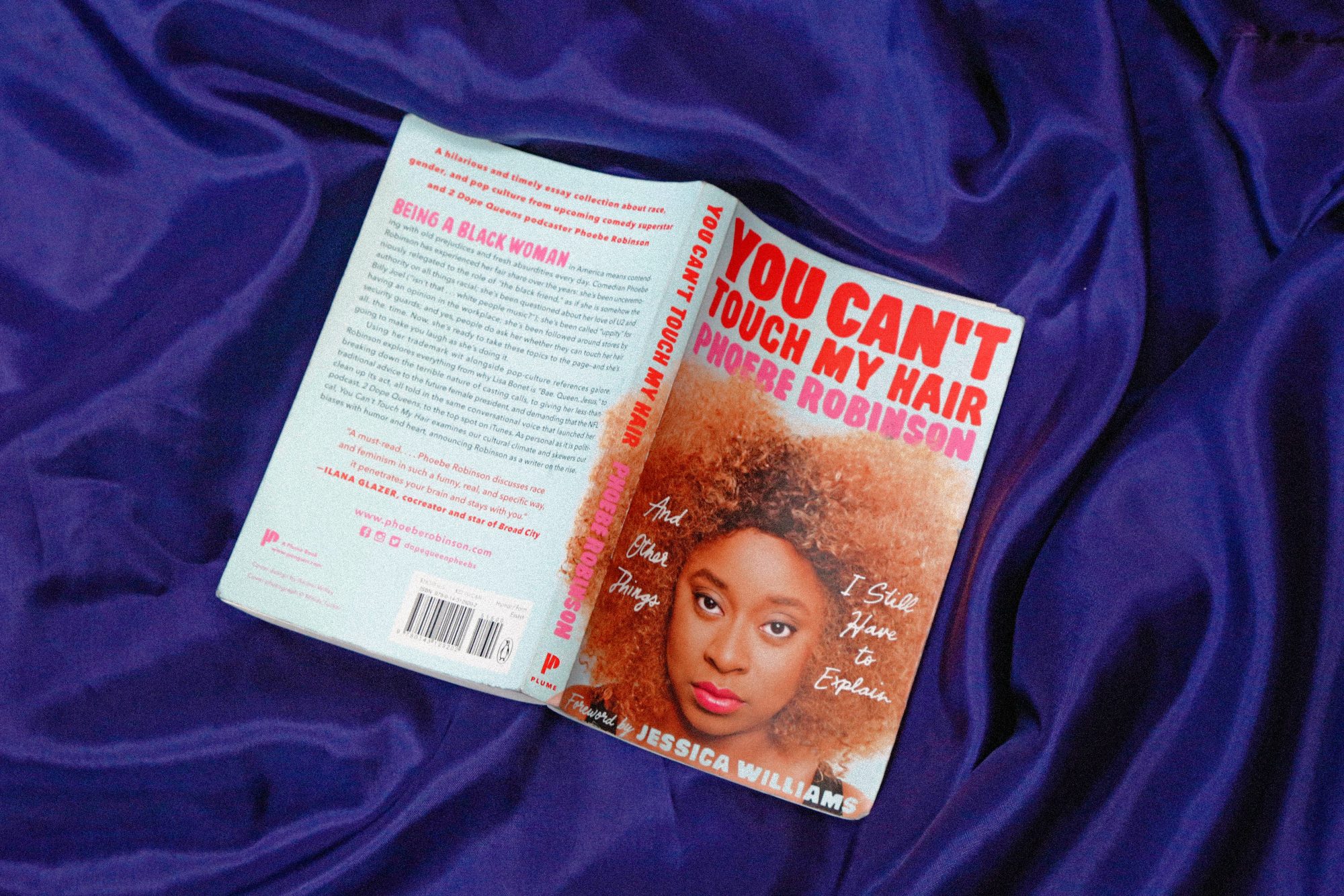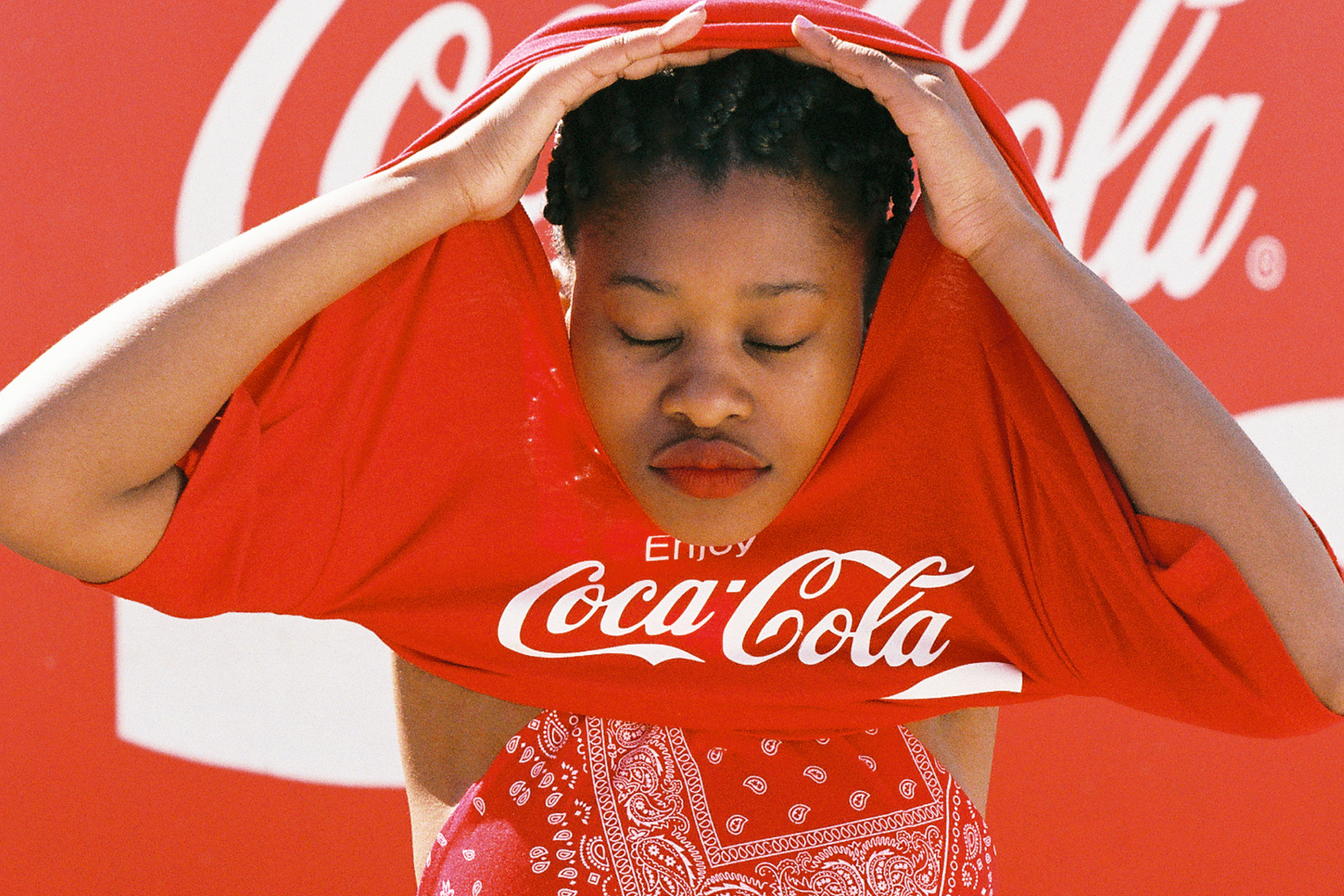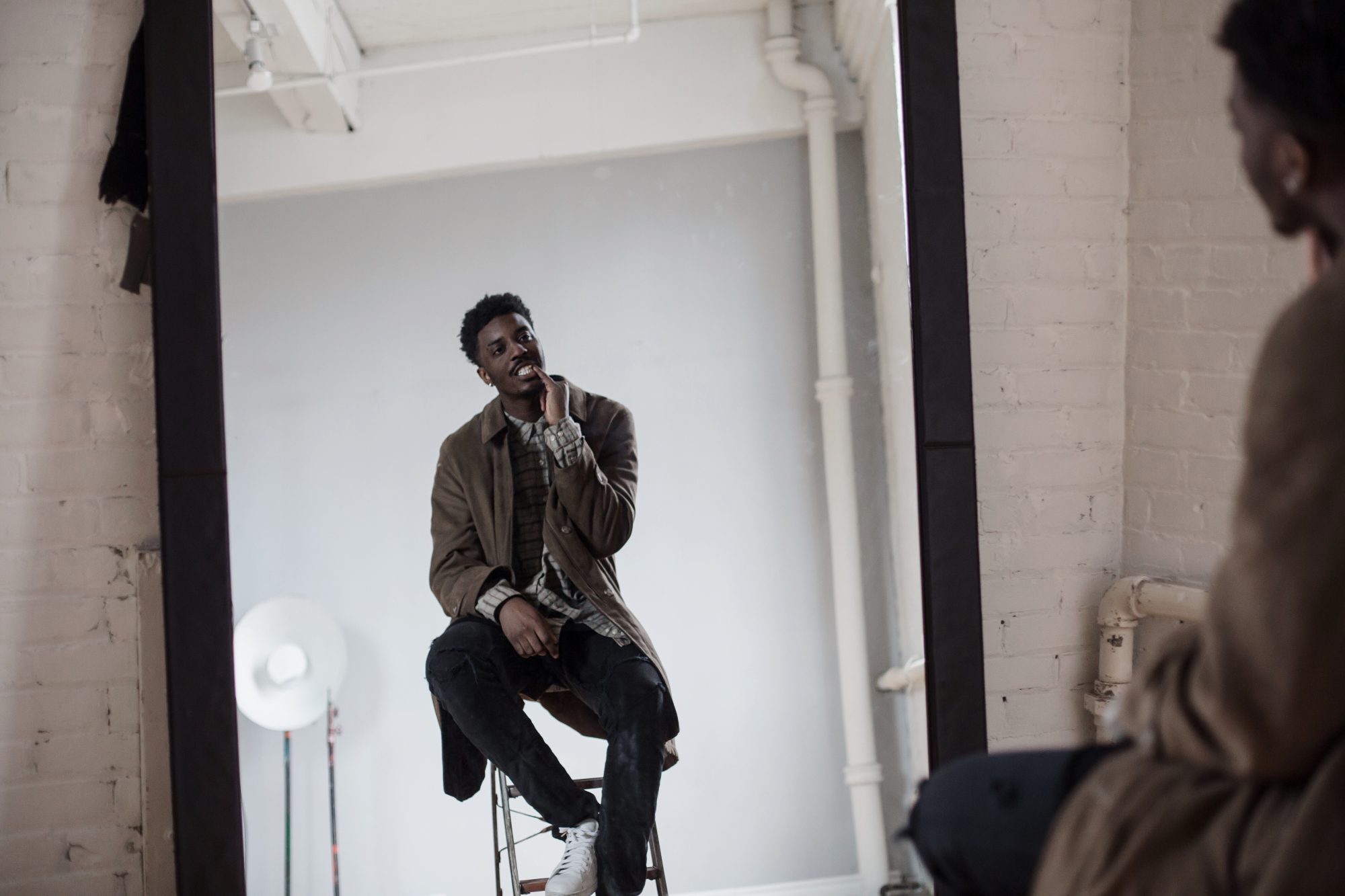Photo Stories
Your True Self(ie)

The Jekyll and Hyde of the 21st century is not a mad scientist struggling with split-personality disorder, but more likely, a savvy millennial struggling with whether or not they should post something online. I often feel that there’s an inner battle taking place in my psyche — between the part of me that strives to be an enigma, and the other, that’s cool with oversharing even if it’s TMI. The past few months have been justifiably hard for me, and during that time, I felt this uncomfortable disconnect on the regular. This feeling of wanting to share what was going on through a photo, or post, but finding that my finger stalled as soon as I actually had to click ‘share’.
I first started to grapple with the motives behind sharing on social media when I saw Louis C.K. interviewed a few years ago. He expressed a succinct explanation for where this urge comes from. Louis, typically the perennial funny guy, explained that the reason we have this fairly constant urge to reach out on social media is because deep down we feel lonely and sad. This ‘forever empty’ spot, as Louis describes it, is what prompts us to pick up our phones and occupy ourselves with our Instagram feeds, or why we post a Facebook status, and watch as our likes and comments (hopefully) grow.
 Photos by Dani Reynolds
Photos by Dani Reynolds
The reasons why we share online are varied and numerous. According to Social Comparison Theory, we share online in an attempt to reach accurate self-evaluations of ourselves, by comparing what we do and how we live to those we follow. We share certain posts, and curate our feeds in an attempt to define ourselves to others; to make our personal brand known. We share these bits of ourselves with the goal of receiving feedback, and thus validation, like a virtual thumbs up or pat on the back. Maybe we share ourselves online in an attempt to be more transparent and authentic, or perhaps we’re just sharing certain things in the hopes that they will reach a particular set of eyes. FYI: I’m guilty of all of the above.
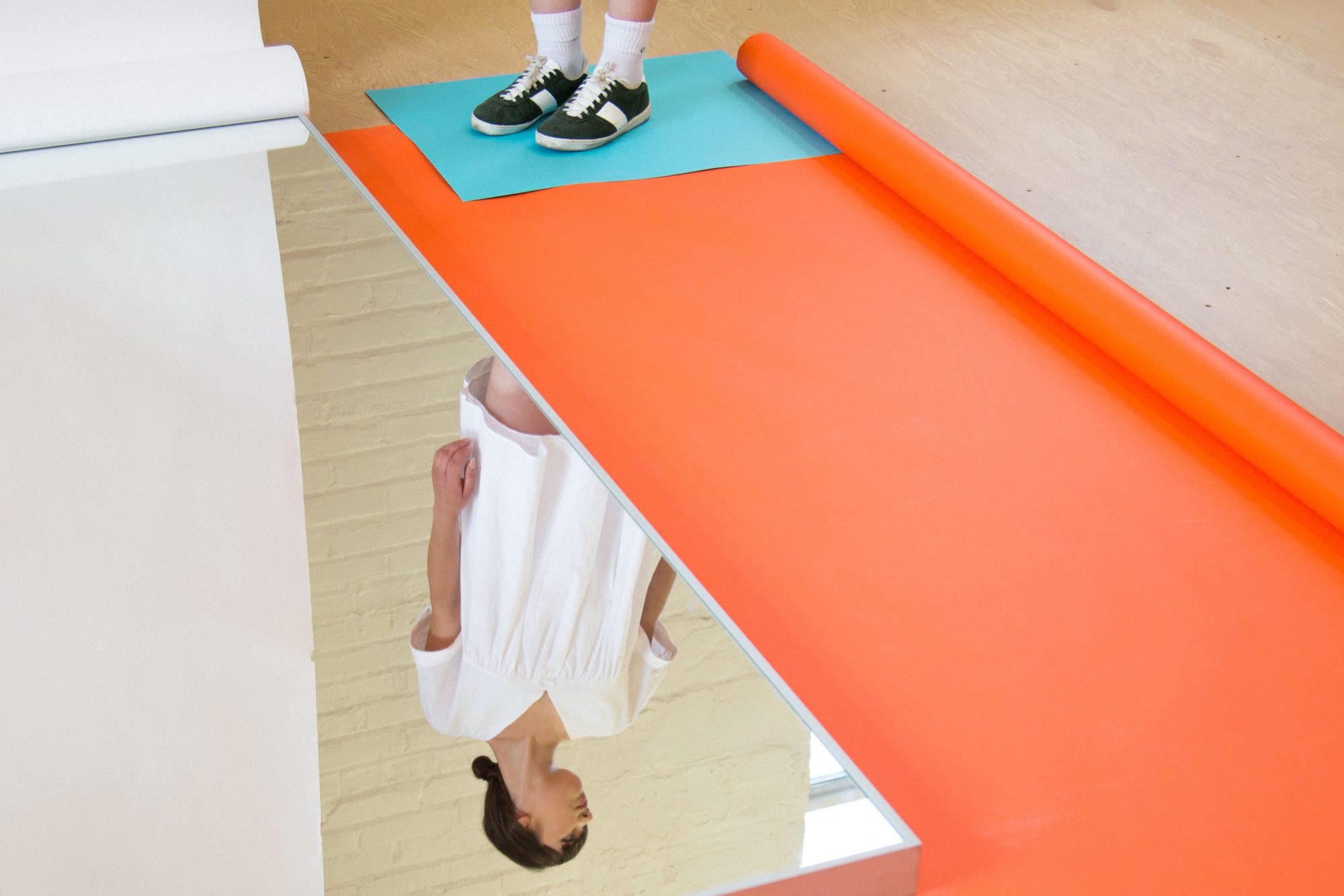
Online Disinhibition Effect explains that social media allows us to loosen the social restrictions and inhibitions we may typically hold ourselves to in the reality of day-to-day interactions. We may begin to believe that we can express ourselves — our ‘true self’ — better online than IRL.
Put on the spot, I’m less likely to be an open book when discussing myself. In fact, I tend to keep my cards and emotions pretty close to my chest. But on the rare occasion, I feel like being an island gets old, and I want to put my thoughts and feelings out there using the internet.
However, each time I go to share a personal post, I delay sharing it. Either I don’t end up posting it at all, or in some strange tactic to prove to myself *IDGAF who knows what’s up* – I post it. This dichotomy holds different thoughts and opinions about sharing online. Holding these contradictory beliefs creates an uncomfortable tension within ourselves, also known as cognitive dissonance.

Part of it might be that we’re not being completely honest with ourselves about why we’re really sharing these things online (e.g. We just want the likes! We just want to feel loved!), and thus we feel icky, because our inner beliefs and opinions don’t align with our actual behaviours. Maybe I’m taking it all way too seriously, or have read too deeply into the psychology behind social media, but I think it’s important to consider: a) why we’re sharing certain things, and b) what we’re actually sharing.
If we’re feeling lonely or this sadness that Louis C.K. speaks of, we should call a friend and make plans to meet up. If we want validation, perhaps we should get to work and create something we feel proud of. But also, if crafting a perfectly witty sentiment in 140 characters or less is what it takes to feel better about yourself, so be it! We’ve all been there.



